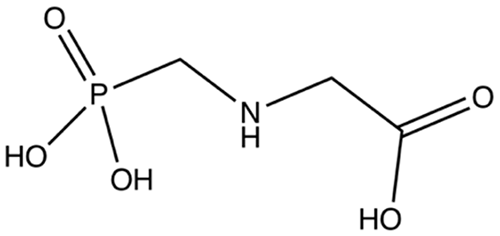
Nov. . 16, 2024 23:36 Back to list
mcpb herbicide
Understanding MCPB Herbicide Uses, Benefits, and Environmental Considerations
MCPB, or 4-(4-chloro-2-methylphenoxy) butanoic acid, is a selective herbicide widely utilized in agricultural practices for the control of broadleaf weeds in various crops. As an important component of integrated pest management strategies, MCPB contributes to enhanced crop yields by managing competition from undesirable plant species. This article explores the uses, benefits, and environmental considerations associated with the use of MCPB herbicide.
Uses of MCPB Herbicide
MCPB is primarily employed in the cultivation of grass crops, such as cereals and forage grasses, where it effectively targets broadleaf weeds without harming the grass itself. It is particularly beneficial in controlling weeds like dandelion, chickweed, and plantain, which can significantly impact the growth and development of crop plants. The herbicide is typically applied post-emergence, allowing farmers to manage weed populations after crops have established themselves.
In addition to its agricultural applications, MCPB is also utilized in turf management, helping to maintain the quality of lawns, golf courses, and sports fields. The selective nature of MCPB allows it to target troublesome broadleaf weeds while preserving the health of the grass, making it a valuable tool for professional landscapers and groundskeepers.
Benefits of MCPB Herbicide
One of the main advantages of MCPB is its effectiveness in controlling a wide range of broadleaf weeds, which can otherwise outcompete crops for nutrients, water, and sunlight. By minimizing weed competition, MCPB helps to increase crop yields and overall farming productivity. This, in turn, supports food security and the agricultural economy.
Moreover, MCPB has a relatively low toxicity profile for humans and many beneficial organisms when used according to label instructions. This makes it a favorable option for farmers who are increasingly seeking safer herbicide alternatives that pose less risk to their health and the environment.
mcpb herbicide

Additionally, MCPB can play a role in sustainable farming practices. By incorporating MCPB into a broader pest management strategy, farmers can reduce their reliance on more harmful chemical treatments, leading to improved environmental outcomes. Its use can help foster biodiversity by preserving the quality of ecosystems surrounding agricultural fields.
Environmental Considerations
Despite its benefits, the use of MCPB herbicide is not without environmental concerns. One of the main issues is the potential for runoff into nearby water sources, which can affect aquatic life and ecosystems. It is crucial for farmers to adhere to proper application guidelines and best management practices to minimize the risk of contamination.
Furthermore, as with any herbicide, there is the potential for the development of herbicide-resistant weed populations. To mitigate this risk, integrated weed management strategies should be employed. These strategies might include crop rotation, the use of cover crops, and mechanical weed control methods alongside the application of MCPB.
Lastly, ongoing research is necessary to monitor the long-term effects of MCPB on soil health and non-target organisms. This knowledge will help inform best practices and guide regulatory decisions to ensure that the herbicide is used responsibly.
Conclusion
MCPB herbicide serves as an important tool in modern agriculture, providing effective control of broadleaf weeds in various crops and turf settings. Its benefits in promoting crop yields and supporting sustainable farming practices are significant. However, it is essential to approach its use with caution and awareness of potential environmental impacts. Through responsible application and integrated management practices, the advantages of MCPB can be maximized while minimizing its environmental footprint. As agricultural practices continue to evolve, understanding and managing herbicides like MCPB will remain critical to sustainable food production.
-
Topramezone Herbicide: Selective & Powerful Weed Control for Corn
NewsAug.24,2025
-
Powerful Fungicide for Optimal Crop Health & Yield Protection
NewsAug.23,2025
-
Azoxystrobin Fungicide: Advanced Crop Protection Solutions
NewsAug.22,2025
-
Willowood Imidacloprid: Best Broad-Spectrum Insecticide Solution
NewsAug.22,2025
-
Atrazine Herbicide: Selective & Effective Weed Control for Sale
NewsAug.21,2025
-
Azoxystrobin: Broad-Spectrum Fungicide Solutions
NewsAug.11,2025
